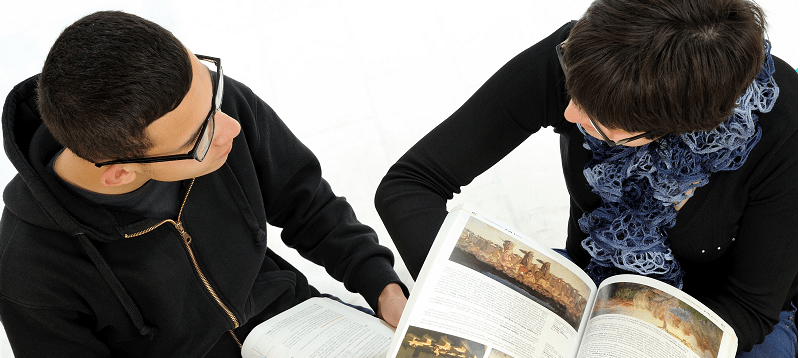By: Sue Pickett & Kate Chinner
EDITION #11 – What does it mean to lead?
Published – 13th November 2019

Working with Education Support Staff
Education Support Staff (ESS) play an integral and valuable part in a school. Support staff work with students that may have additional needs and require support in areas such as curriculum, organisation, social or emotional development and wellbeing, or to develop appropriate behaviours. Education Support Staff may be required to work with one student, multiple students in the same class or students across different year levels and subjects. Like teachers, ESS members also need to be enthusiastic, motivated, organised, calm under pressure, supportive and flexible team players who behave in a professional manner in relation to communication, punctuality and performance at school.
The role of the Education Support Staff
It is important for teachers to remember that they are responsible for managing student behaviour and wellbeing. It is their responsibility to design, prepare and evaluate teaching programs, modify it if required and assess student work. Education Support Staff support all of this work.
Education Support Staff provide support by having a good understanding of a student’s Individual Education Plan and specific learning needs. This information is to remain absolutely confidential.
Education Support Staff should be aware of and supported to follow the school discipline policy as it is carried out in the classroom, but are not expected to persevere with any un-cooperative student beyond a reasonable point. If a person is working one-on-one with a student who refuses to cooperate, the teacher should then assist with ensuring the problem is solved.
Education Support Staff will attend and support Student Support Group meetings if they are enabled through time release. These meetings involve the teacher, assistant principal and the parent sharing their experiences and knowledge of the students learning needs, in a valuable discussion about the student and their learning and development. Education Support Staff input into Student Support Group meetings is important, as support staff have often developed a deep understanding of student individual learning needs, as well as built strong personal relationships with students.
Working with Education Support Staff
As a graduate, you may have Education Support Staff working with you for some lessons or full-time in your classroom. It may initially feel a little daunting having another adult in the room, but they have a wealth of experience and are there to support you and the student.
Communicate regularly
Talk regularly throughout the day or week. This could be before school, during break times or during class if needed. Over-communicate as Education Support Staff may not be in the room as often and may miss some happenings during this time. It’s important to be on same page but also discuss how things have changed, what you have noticed and great moments to share with staff, the student and parents. It is also important that you collaborate to identify and address student learning needs, as well as discuss challenges you may have and think of ways to overcome them – two heads are better than one!
Make it inclusive
Education Support Staff don’t always work directly with assigned students, instead they could work with a group which that student is a part of. Sometimes students do not want to be singled out, so inclusive strategies are helpful. Include Education Support Staff as part of your classroom. Encourage them build a rapport with the class and foster collaboration. This can be particularly helpful when another student has a question during class or needs help outside on yard duty and there is a familiar face to help them. Building collaborative and effective relationships with colleagues will benefit you and your students.
Clearly define roles and expectations
Remember you are the teacher and are ultimately responsible for the students and classroom as a whole. Give direct guidance to Education Support Staff in relation to things you want to achieve in that lesson or that day. Seek and be open to feedback – create an open, collaborative and professional dialogue.
